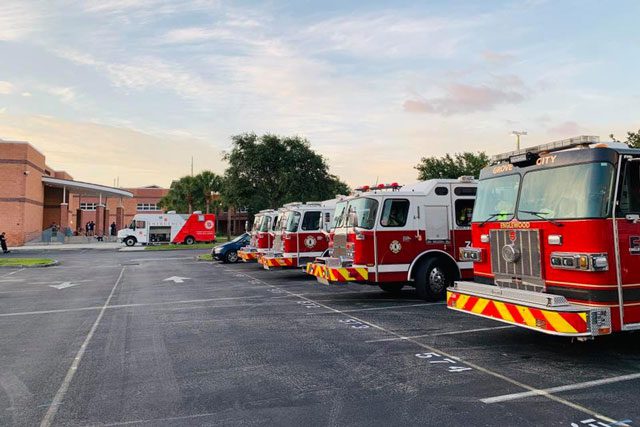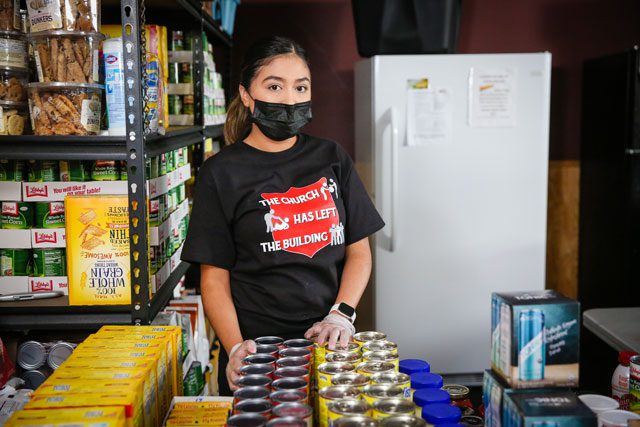BY STACIE BUCHANAN BROWN, M.S., M.F.T. –
You mean someone did this on purpose? Who will take care of their kids? What will happen to me if my Mommy dies? Will Daddy’s office fall down? Will our plane crash when we fly to Grandma’s house?
As parents work towards recovering from their own shock over the recent terrorist attacks, they are also faced with the difficult task of helping their kids cope with fears and questions about the tragic events.
Here are some tips on how parents can help:
Model good coping skills
Those who have spent time with children will recognize that every moment is a teachable moment. Your children will gain volumes of information from you before you even speak a word. The most effective comfort you can offer your children is modeling through your own behavior, that though we have experienced a terrible tragedy, it is manageable.
Keep communication open
Be straightforward in giving an age-appropriate explanation of what has happened. Younger children need honest, simple answers to their questions. Children do not have the skills to cope with all the information that is broadcast in the media; therefore, limit exposure to news reports. Younger children may act out their feelings through play or even regressive behaviors. Parents should watch for these behaviors to get to the source of fear and provide comfort. Offer creative ways to communicate through art or games. Creativity can provide a way to rebuilding a shattered world.
Older children may ask tougher questions. Keep communication open and let them know that there are no easy answers and no simple solutions. If your child is interested in watching the news, view reports together and discuss questions that may arise. Respect the child who may not want to discuss the news.
Provide reassurance
Let your children know that though tragedies happen, they are out of the ordinary occurrences. Normally, thousands of planes arrive safely to their destinations every day, and parents who go to work come home unharmed.
You can provide further reassurance by sticking to family routines such as established meal times and bedtime rituals. Lighten up the atmosphere by engaging in family activities that promote laughter and connection. Com-municate through words and actions that life will go on and they will be safe.
Foster community
By reaching out to others, children and adults alike soothe their own grief. Children find solace in helping others. Take advantage of opportunities to promote empathy. Get involved in community events that restore a sense of security such as attending prayer services, contributing to community murals, flying a flag from your family car, or lighting candles in remembrance of the dead. Let your children see you in the act of helping others.
Reaffirm faith
One of the most important resources families have for facing adversity is faith in God. Faith engenders a sense of optimism for the future that is based firmly on a relationship with God and is not dependent on external circumstances. With faith, buildings may fall, but hope in the future will stand firm. “He alone is my rock and my salvation; He is my fortress, I will never be shaken.” Ps. 62:2
Central to children’s ability to rebound from any tragedy is a sense of mastery over their own life. Prepare your child to have the skills to cope with whatever life may bring by encouraging independence, affirming initiative and fostering insight. Help your child see that there are always choices and that their actions make a difference.










